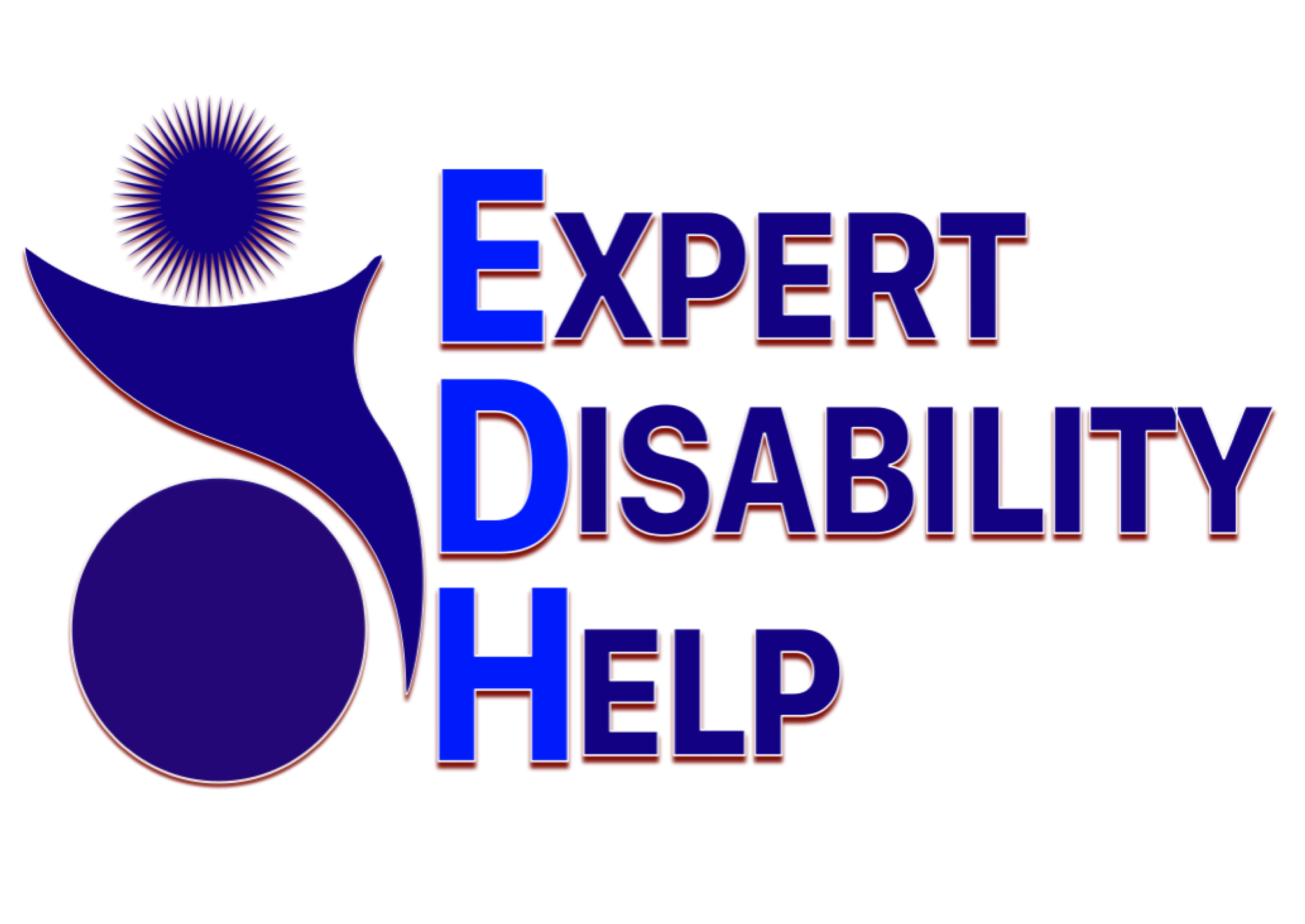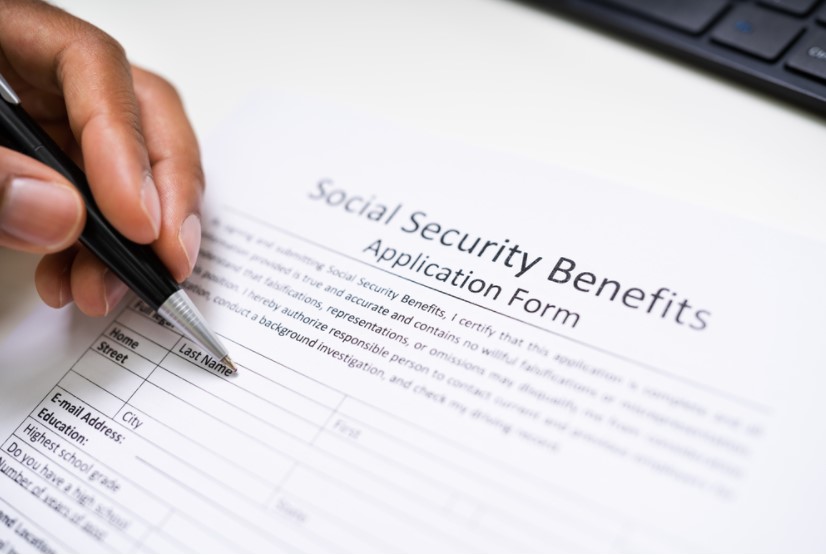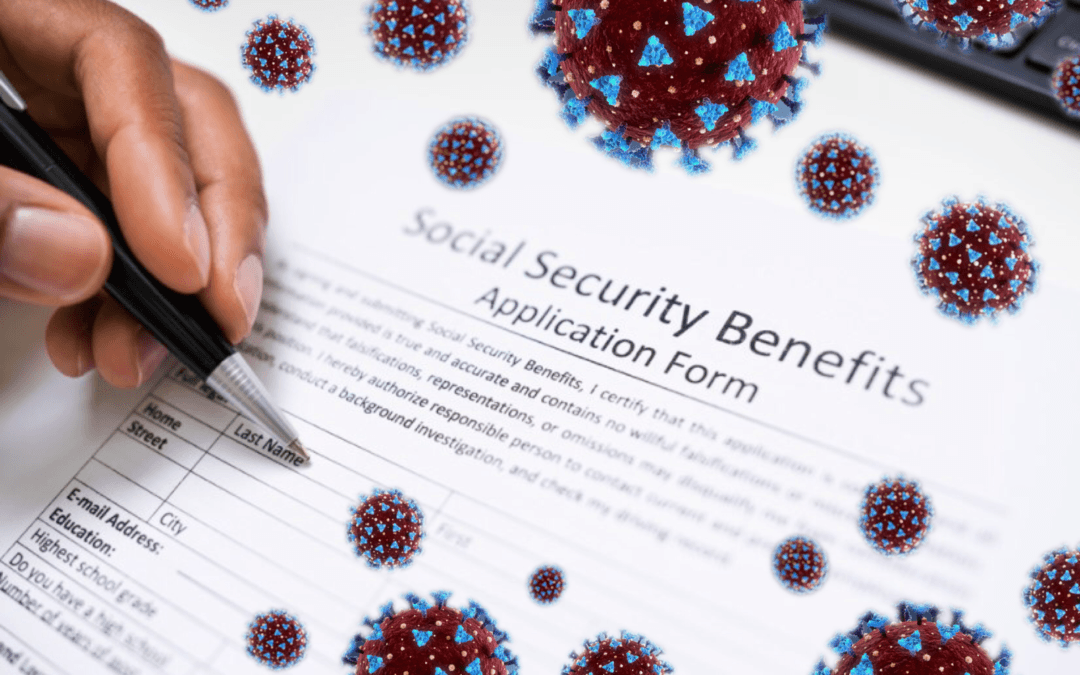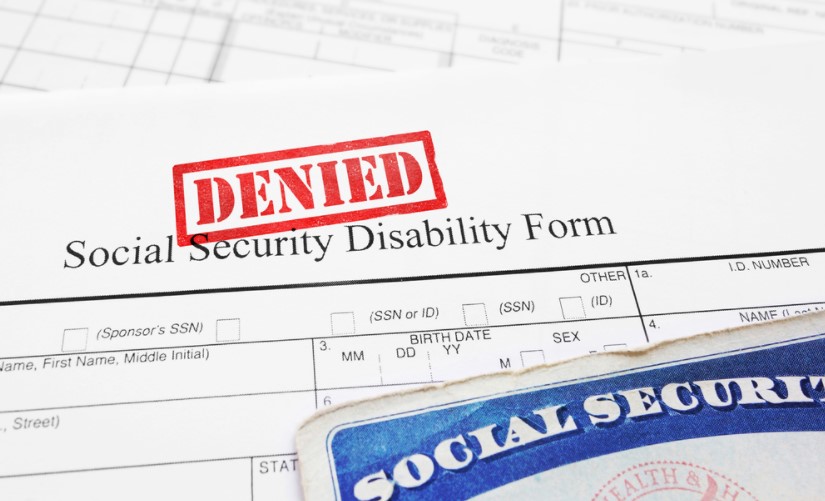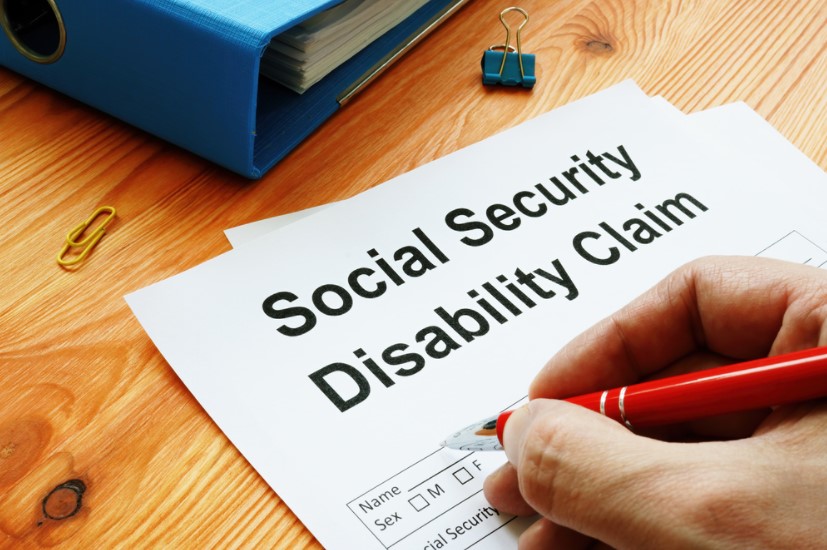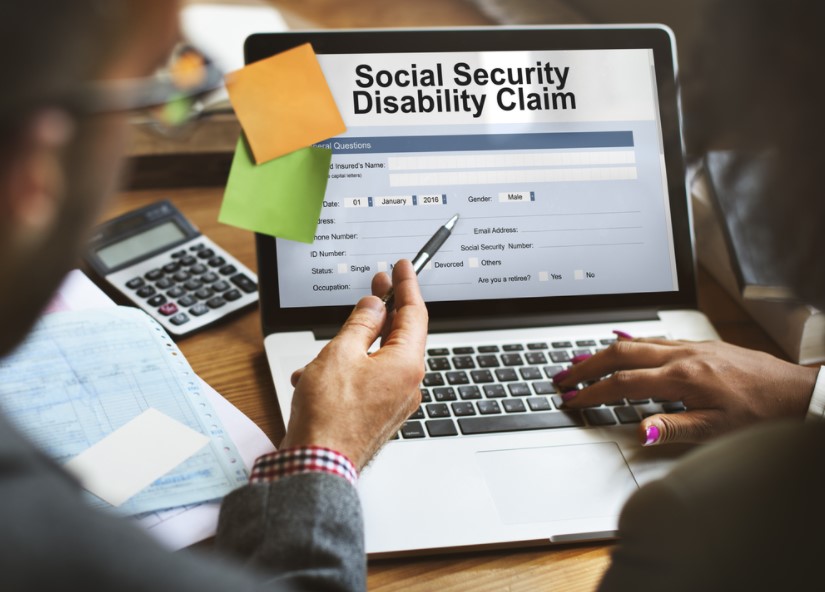Many post-viral COVID-19 survivors don’t understand why disability providers who function as gatekeepers for private and government organizations such as Social Security deny disability claims to rightful recipients despite their inability to work.
Long COVID disability applicants are one of the largest groups in the disability community. The condition, long COVID, has emerged as a persistent and consistent health issue that may lead to disabling symptoms depending on circumstances. The unofficial name is long-haulers who have long COVID.
The longer COVID-19 exists more and more people will develop long COVID. One study found that over half of the people (some studies say 1/3) who had COVID-19 will develop long COVID. The numbers don’t matter; what matters is the need to recognize that long COVID exists.
Long COVID causes severe medical and psychological symptoms that prevent or severely limit a person’s ability to work and maintain daily activities. Unfortunately, this condition is here to stay, and long-term disability providers need to realize it’s not going away.
Unfortunately, because you or your doctors think you qualify for disability due to long COVID doesn’t mean insurance providers will agree and provide disability benefits despite the presence of physical and psychological limitations and restrictions.
Disability Gatekeepers are trained to disagree with your claim even if you have a severe health condition(s), and they do not intend to make it easy for you to win your claim. Despite proving the necessary proof via clinic notes from your treatment providers and medical records, you will still be met with resistance How do you overcome the resistance?
Your long COVID disability is “alleged” until you prove that it exists. It is your job to prove that you have a medically determinable illness (MDI). An MDI is a medical condition diagnosed by your doctor with medical evidence ( psychologically and physiologically) to prove your claim.
A Disability should not be about a diagnosis but about how it impacts your ability to perform activities of daily living and your ability to work.
The Office for Civil Rights of the Department of Health and Human Services and the Civil Rights Division of the Department of Justice have joined together to provide guidance.
In addition, the COVID pandemic’ has been present for nearly two years, but many healthcare providers are still not comfortable diagnosing this post-viral condition. In addition, there is not always clear reasoning for the physiological and psychological symptoms described by long COVID claimants.
As a result, some healthcare providers are not comfortable diagnosing the post-viral condition. Due to the lack of specificity and medical evidence, insurance providers lag in approving disability claims, or they do not support them not at all and feel justified in denying claims that appear straightforward and reasonable.
Disability gatekeepers expect claimants to present medical evidence to provide specific reasons why they cannot work. However, it has become increasingly evident that providing medical evidence in some cases is impossible.
For example, many long COVID claimants in 2020 were unable to qualify for testing if they did not meet the correct criteria or were not sick enough to be treated in a hospital. As a result, long COVID patients just stayed home and did not receive care or testing. This lack of testing or care makes proving the presence of COVID -19 extremely challenging.
Claimants who present with long COVID symptoms are faced with the difficult task of convincing disability providers to accept their disability claims despite their inability to work.
Applying for disability is difficult enough without proving you have a condition that exhibits residual symptoms from a new viral infection.
Long COVID claimants deserve disability benefits but proving you have long COVID is another challenge. So what should one do?
Objective evidence is the key to winning your claim. Most disability providers demand that a claimant provide evidence of their disability. Subjective evidence is the information you provide by describing your symptoms such as fatigue, shortness of breath, headaches, dizziness, joint or muscle pain, to list a few symptoms. Just because you describe these symptoms is not proof of your disabling symptoms.
According to the Centers For Disease Control and Prevention (CDC), a person with long COVID exhibits a wide range of new or ongoing symptoms which can cause impairments that can worsen with physical or mental activities such as attempting to maintain work activities.
To win your claim, you must provide objective evidence, which is positive proof that your disabling condition(s) exists. This information is provided by your doctors and from testing and procedures such as laboratory data, X-rays, CT Scans, MRIs, ECGs, respiratory tests, etc. This type of information provides a “record of” or is “regarded as” proof of your disabling condition(s).
In the case of long COVID, it is best to have a positive COVID test or the presence of antibodies. In addition, if your claim does not have specific objective evidence of a physical or mental impairment affecting one or more body systems, you have to create as many pieces of information from reliable sources as you can to support your claim;
1). Provide medical records that prove you are seeing a licensed medical provider when submitting your claim; your clinic visits should be within the last 90 days or more frequent, depending on the intensity of your medical condition. If your doctors provide diagnoses, a diagnosis of long COVID goes a long way toward proving your claim.
2). Receive treatment by a specialist. If your condition requires treatment provided by a specialist, make sure you get a referral from your primary care physician or go to a clinic specializing in treating COVID-related symptoms.
3). If you have respiratory symptoms, you should see a pulmonologist; if you have heart problems, you should see a cardiologist; if you are suffering from inflammatory symptoms, you should see a Rheumatologist; if you are suffering from kidney symptoms, you should see a nephrologist, etc.
4). Ask your previous employer to write a letter describing how your symptoms limit your ability to perform your past job requirements. In addition, ask family members and friends to explain how your disabling symptoms limit your activities of daily living.
5). Ask all medical providers to write a letter supporting your disability claim. Their letters are considered Medical Source statements. These letters can be beneficial only if they provide specific information documenting how your symptoms limit your ability to work.
6). It is essential to make sure all medical records reach your disability providers. So often, claims are denied because critical medical records do not reach their destination.
7). If you are not sure that your medical records will support your claim for long COVID symptoms, it would be a wise idea to seek out treatment from a physician or clinic that specializes in long COVID cases. There are ten or more around the country and growing.
8). Failure to follow the prescribed treatment: one of the quickest ways to get denied is to fail to follow prescribed treatment. Failure to follow the prescribed treatment sends the message to the disability provider that your symptoms are not severe enough or that you don’t need medical treatment to manage your symptoms.
9). Failure To Update Your Medical Records: providing updated medical records can cause a denial of your claim. In addition, results from any new test or procedures can benefit your claim. Therefore, it is vital to continue seeing your treatment providers after submitting your claim.
10) Failure To Inform Your Doctor: it is imperative to inform your doctor that you are applying for disability. No one is more important to your disability claim than your doctor when applying for disability. Your doctor needs to know precisely how your disabling symptoms impact your ability to do your job. Request that your descriptions of limitations and restrictions be included in your clinic visit notes. Write your information down and hand it to your doctor if you have trouble talking about your symptoms.
Conclusion
Long-haulers are described as having Long COVID, a constellation of symptoms limiting functioning at work and or home. As a result, many long-haulers have applied for long-term disability benefits to support themselves during the post-viral recovery period.
Getting approved for disability is not easy for many reasons. Long COVID is less than two years old and is not well defined by medical professionals. There are no specific guidelines established to prove long COVID or whether it meets the legal definition of disability. Disability insurance providers take advantage of that fact and have and will deny claims.
If you are applying for disability because you can no longer work or function adequately because of the persistence of physical and mental impairments that have lasted months after being infected with COVID-19 and believe you have a condition known as long COVID, you have a right to apply for disability benefits. Fight for your rights.
